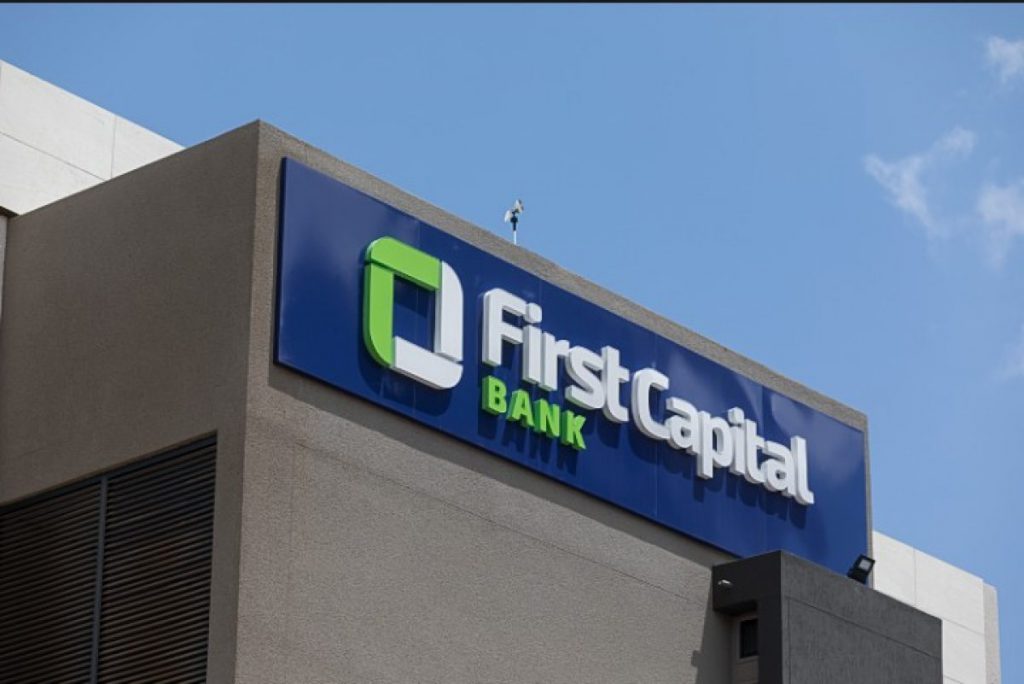
Pressure forces First Capital Bank to refund customer’s stolen money
Published on June 11, 2021 at 9:30 AM by Robert Ngwira
First Capital Bank is this morning scheduled to refund a farmer identified as Mr. Kitmass Ngoleka from Lumbazi Township money amounting to over MK2 million which vanished in his account earlier this year.
On Thursday, faceofmalawi carried a story titled ‘Customer’s money amounting to Mk2 million vanishes at First Capital Bank’.
Ngoleka is said to have made deposits – no withdrawal, only deposits – nine in total, and by 4 December 2020, his balance was K2,021,985.34.
The money was realized from maize sale.
Unfortunately the money vanished without his knowledge and when he enquired with the bank it was discovered that the money was siphoned using the following airtel numbers; +265 995 727 359, +265 995 798 051, +265 997 476 978,+265 995 276 446.
The bank distanced itself from the scandal and asked Ngoleka to take the matter to anywhere.
Ngoleka reported the matter to one of the social commentator Onjezeni Kenani who took the matter to the social media.
The matter attracted anger from the general public who asked the First Capital Bank to refund the farmer’s money or face unspecified action.
As this was not enough, Keneni engaged the services of Counsel Silvester Ayuba James to take legal action against the bank.
Due to pressure, the bank called Ngoleka yesterday and promised to sort him out this morning.
Kenani confirmed of the matter in a statement posted on his official facebook page.
“I’m glad to report that the First Capital Bank (FCB) has undertaken to resolve the matter amicably with their client, first thing tomorrow morning. I am grateful to FCB for taking swift and decisive action. Senior management at the bank called Mr. Ngoleka and spoke to him and invited him to the bank for the matter to be settled.
“I have also been on a call with FCB’s management, who took time to explain to me how their internal controls work,” wrote Kenani.
He added: “In short, FCB has a mobile application designed for customers to conduct self-registration. To have access to the application, the system generates a One-Time-Password (OTP) which it sends to the phone number registered in the core banking system.
“The only way fraud can occur is when fraudsters call the customer to ask for the OTP, which they use to access the mobile app. In the case of Mr Ngoleka, the OTP was generated on 5th December, 2020, and was delivered to his mobile number at 09:51 a.m. The bank concludes that the customer shared his OTP with the fraudsters.”
Faceofmalawi will keep you updated on the matter.


